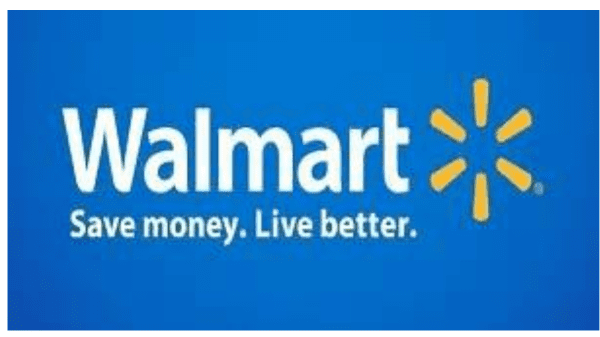NEW YORK, April 5, 2023 /PRNewswire/ — The Walmart Foundation BB #:143789 and the Local Initiatives Support Corporation (LISC) have launched a new program to expand access to healthy, affordable food in under-resourced communities, with an intentional focus on the Southeast region.
Known as the Equitable Food Access grant program, the $1.5 million effort is funding eight community-based nonprofits led by people of color and supporting efforts that range from farmer-led urban agriculture to mobile food markets to the establishment of a community food policy council.
“The Walmart.org Center for Racial Equity is committed to addressing disparities in health outcomes, and we know that access to nutritional foods is closely connected to health,” said Naomi Gunnell, a director for the Center for Racial Equity. “This grant to LISC will help provide communities with more food and nutrition security.”
The grant program also responds to the philanthropic gap facing organizations led by people of color. Research from The Bridgespan Group and Echoing Green found that Black-led nonprofits, like those included among the grantees, had unrestricted net assets that were 76 percent less than their counterparts, making it more difficult to operate their organizations and grow their impact.
“Organizations based in and led by people from the community are best positioned to tackle the social determinants of health that affect them, including access to healthy food,” said Denise Scott, LISC president. “This is particularly important given the persistent racial disparities in health and life expectancy, especially for people with limited financial means and living in under-resourced communities. Our collaboration with the Walmart Foundation promotes food justice as part of larger strategies to improve community health.”
Funding for the eight local nonprofits ranges from $102,000 to $111,000 each. The grantees include:
- Beauty’s Community Garden, Houston – Works to close the food inequity gap by empowering local residents with food and nutrition education, access to garden-to-table produce, and skills to grow and prepare healthy food at home.
- Diana Gregory Outreach Services, Phoenix – Aims to enrich lives through healthy eating, with a focus on increasing access to fresh produce, nutrition education, and caring social interactions among seniors and veterans.
- New Town Success Zone, Jacksonville, Fla. – Connects neighborhood children and their families to opportunities for success through health, education, employment, social well-being and community capacity programming.
- Historic District Development Corporation, Atlanta – Collaborates with local farmers, business owners and residents to increase access to fresh, affordable foods through a growing urban agricultural movement.
- Kokua Kalihi Valley, Honolulu – Addresses the social drivers of health among medically underserved individuals, including a cultural food program that operates a café, food hub, food prescription program, and teaching gardens.
- Landmark Training Development Company, Memphis – Creates sustainable agricultural environments in food deserts through urban farming, a year-round farmers market, a client-choice food pantry, gardening programs, and nutrition education.
- Louisville Association for Community Economics, Louisville – Addresses healthy food access through a produce distribution program, a prepared-food program and establishing cooperatively owned enterprises, such as a grocery run by and for local residents.
- RobinHood Group, Union, S.C. – Increases the availability and knowledge of locally and regionally grown produce through community and school gardens, produce boxes, nutrition education and agriculture-based enterprises.
- The Equitable Food Access grant program is part of larger efforts at Walmart Foundation and LISC focused on economic opportunity and racial equity. Through the Walmart Foundation, the Walmart.org Center for Racial Equity is supporting solutions for healthy food while also driving economic development and building capacity in predominately Black communities that do not have adequate food access. This work also connects to LISC’s $1 billion Project 10X initiative to break down systemic racial barriers to health, wealth and opportunity.
About Philanthropy at Walmart
Walmart.org represents the philanthropic efforts of Walmart and the Walmart Foundation. By leaning in where our business has unique strengths, we work to tackle key social issues and collaborate with others to spark long-lasting systemic change. Walmart has stores in 27 countries, employing more than 2 million associates and doing business with thousands of suppliers who, in turn, employ millions of people. Walmart.org is helping people live better by supporting programs that work to accelerate upward job mobility for frontline workers, address hunger and make healthier, more sustainably-grown food a reality, and build strong communities where Walmart operates. To learn more, visit www.walmart.org or find us on Twitter @walmart.org.
About LISC
LISC is one of the country’s largest community development organizations, helping forge vibrant, resilient communities across America. We work with residents and partners to close systemic gaps in health, wealth and opportunity and advance racial equity so that people and places can thrive. Since our founding in 1979, LISC has invested $29.7 billion to create more than 489,000 affordable homes and apartments, develop 81.5 million square feet of retail, community and educational space and help tens of thousands of people find employment and improve their finances. For more, visit www.lisc.org.



